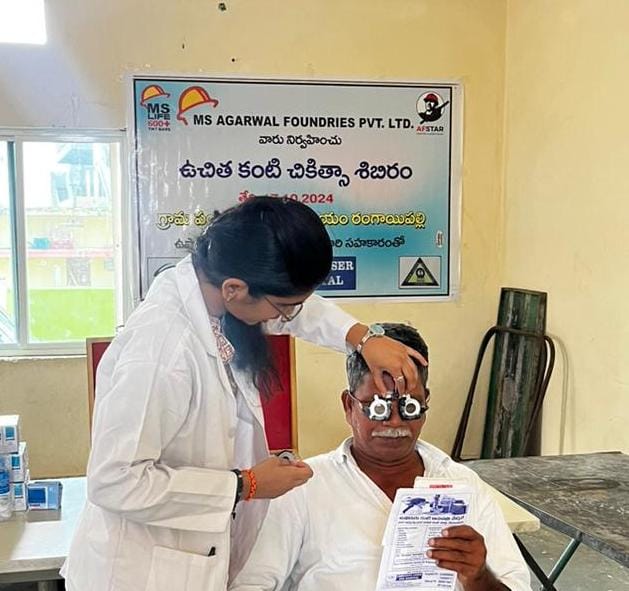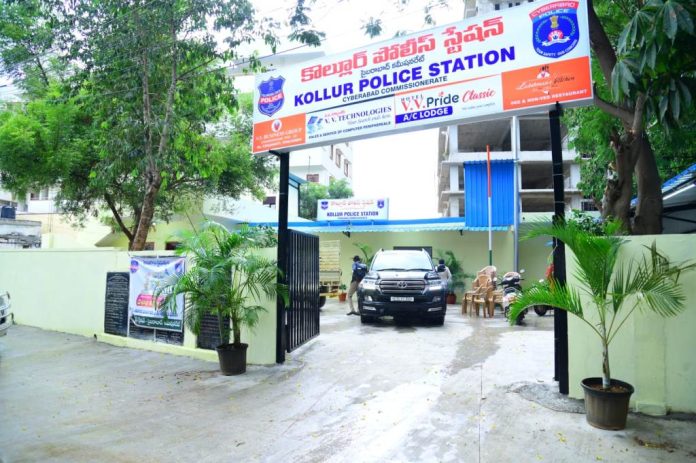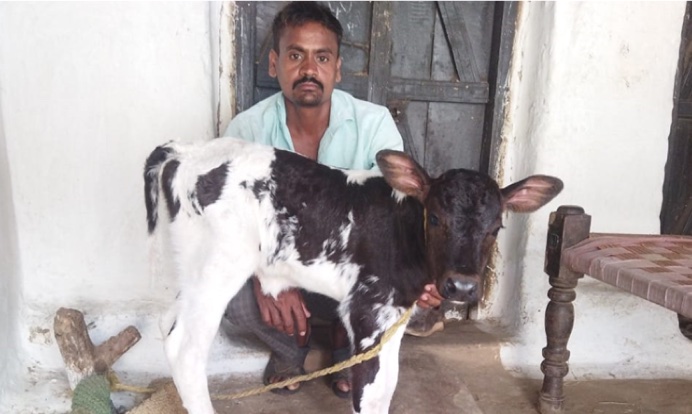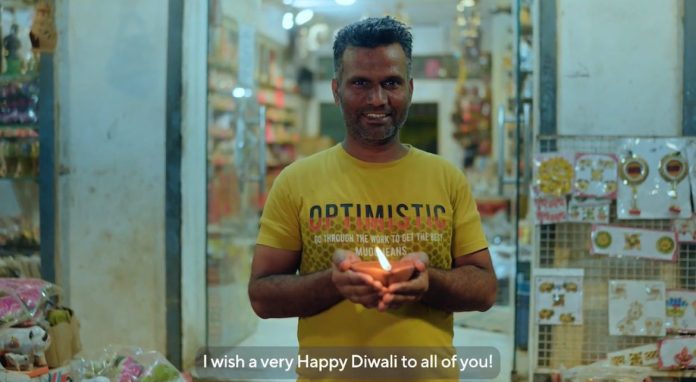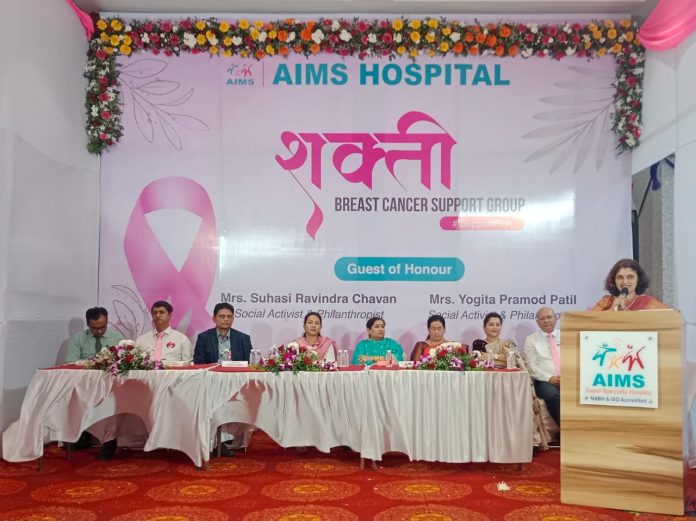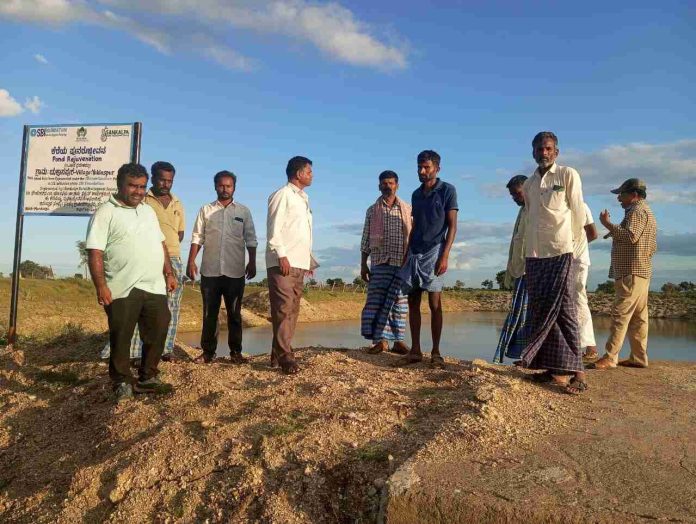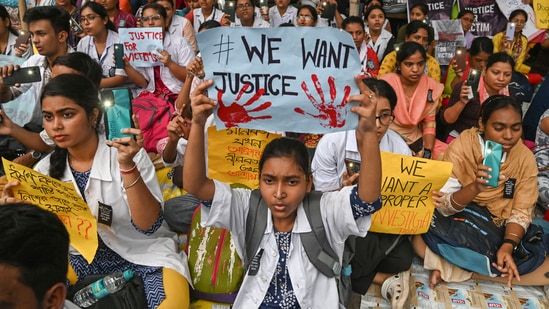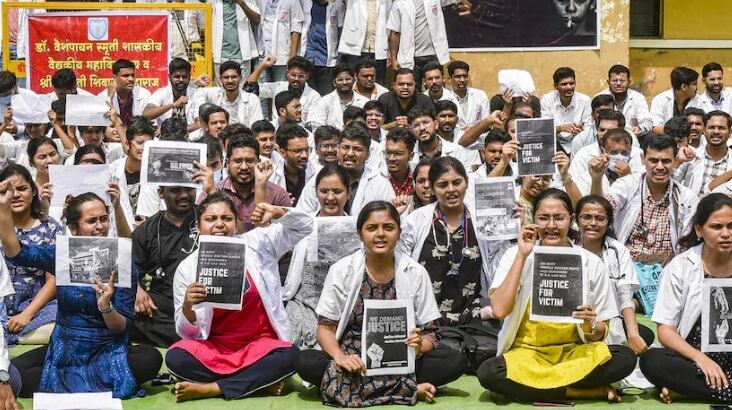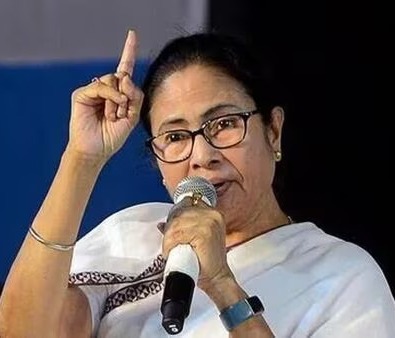In honor of Breast Cancer Awareness Month, AIMS Hospital proudly launched “Shakti,” a heartfelt support group designed to empower women affected by breast cancer. This initiative aims to provide vital assistance to patients and their families, creating a space where current patients can draw strength from those who have triumphed over the disease.
Around 150 cancer patients and survivors attended the launch event, including patients, families, and medical experts. Notable guests included social activist Mrs. Suhasi Ravindra Chavan, who served as the Guest of Honor, alongside our dedicated oncology team: Dr. Supriya Bambarkar, Director (Dept. Of Oncology), Consultant Oncosurgeon, Dr. Neemesh Lodh, Breast Surgical Oncologist, Dr. Rakesh Patil, Medical & Hemato Oncologist, and Dr. Sagar Gayakwad, consultant Radiation Oncologist.
“Shakti” focuses on educating women about breast health, encouraging self-exams, understanding diagnoses, and making informed treatment choices. With breast cancer on the rise in India, increasing awareness is crucial. Many women often miss early signs like lumps or unusual changes, leading to late diagnoses and severe consequences.
Breast cancer is one of the most common cancers affecting women across the country. Sadly, many overlook early signs like lumps, changes in nipples, or unusual pain, often waiting too long to seek help. This can have serious consequences. “Shakti,” meaning “power,” is our new support group that embodies the strength of those battling breast cancer. It offers a warm, welcoming space for patients to share their stories, find emotional support, and access essential resources. Through workshops, counseling, and peer connections, “Shakti” fosters a community of hope and resilience. Dr. Neemesh Lodh, Breast Surgical Oncologist at AIMS Hospital, emphasizes that with proper care and support, many can return to a normal life after treatment. This group is a celebration of the incredible strength of those who have faced these challenges together.
“At AIMS Hospital, we know that care goes beyond just medical treatment. With our new support group, “Shakti,” we’re committed to providing holistic support that addresses the emotional and social needs of breast cancer patients. We encourage women to perform monthly self-exams and get regular mammograms after age 35 for early detection. Our aim is to ensure no one feels alone on this journey. Together, we can inspire hope and empower each other. Remember, breast cancer is treatable when caught early, so never lose hope,” says Dr. Rakesh Patil, Medical & Hemato Oncologist at AIMS Hospital, Dombivli.
“AIMS Hospital stands at the forefront of medical innovation, not only by providing exceptional healthcare but also through its compelling community outreach initiatives. This initiative will help women facing breast cancer, to fight and overcome the disease,” concluded Mrs. Suhasi Ravindra Chavan, Social Activist and Philanthropist.
Disclaimer: This media release is auto-generated. The CSR Journal is not responsible for the content.

